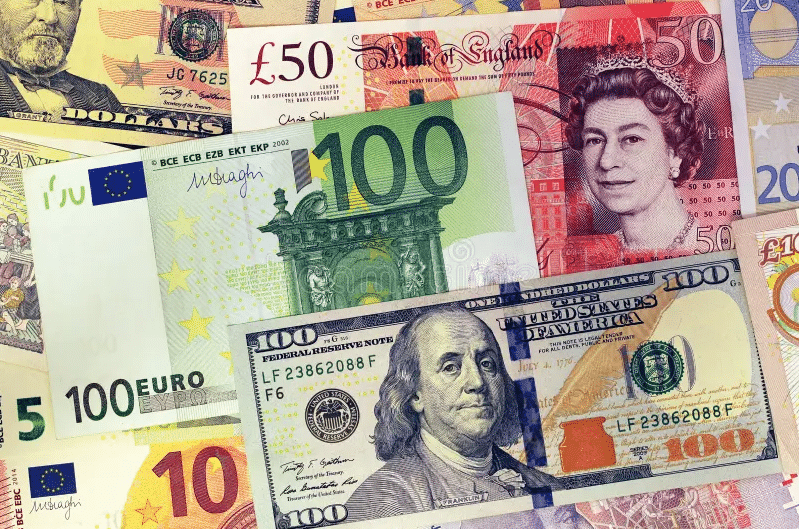
Above: Throwback to Chancellor Reeves laying the groundwork for income tax rises. Picture by Kirsty O’Connor / Treasury
Pound sterling has been volatile ever since plans to ditch a tax rise were reported, with selling pressure picking up again at the start of New York trade.
The pound to euro exchange rate (GBP/EUR) has been volatile in the aftermath of news the UK government won’t proceed to raise the basic rate of income tax.
Sterling fell on the news as traders feared it meant the UK’s growing budget deficit would get out of control, but the currency recovered most of the losses when London’s markets opened.
Then New York came to the party, and selling pressure resumed, sending GBP/EUR back to 1.13 and risking a renewed push to the day’s lows at 1.1279.
“GBP weakens against all majors as UK Chancellor Reeves said to consider dropping tax hikes in coming budget. Interbank volumes have overall been running approximately 10% higher than the 30 day average,” says a note from Citi’s FX dealing desk.
Compare Currency Exchange Rates
Find out how much you could save on your international transfer
Estimated saving compared to high street banks:
£25.00
Compare Rates from Leading Providers →
Free • No obligation • Takes 2 minutes
In an extraordinary day of leaks and counter-leaks by the government, we have learnt that:
1) a basic tax hike won’t be executed.
2) instead, the government might try and lower tax bands, i.e. an income tax rise via the back door.
3) the Office for Budget Responsibility, the finance watchdog, had favourably altered its economic forecasts, thereby shrinking the size of the blackhole the government needs to fill from £30BN to £20BN.
None of this looks good:
“If the cause is political, with the government concerned about how voters will react to income tax hikes, it may strengthen perceptions that the government lacks the appetite to take tough fiscal decisions. If it reflects favourable OBR forecast revisions, there’s a risk markets question the credibility of those projections,” says Andrew Goodwin, Chief UK Economist at Oxford Economics.
For the pound, the slow deflation of 2025 looks entrenched and the grind lower isn’t over.
💬 “Signs of internal party dissent, potentially impacting Budget decisions and outcomes risks undermining GBP sentiment,” says Jeremy Stretch, an analyst at CIBC Capital Markets.
💬 “GBP/EUR is becoming the preferred vehicle for expressing bearish sterling views,” says George Vessey, analyst at Convera.
“Abandoning plans to raise headline income tax rates and other levies in the upcoming Budget… raises immediate questions over how the government will plug the revenue shortfall,” he explains.
💬 “Our desk has seen most action in EURGBP,” says a note from Citi, one of the world’s biggest prime dealers of FX.
Compare Currency Exchange Rates
Find out how much you could save on your international transfer
Estimated saving compared to high street banks:
£25.00
Compare Rates from Leading Providers →
Free • No obligation • Takes 2 minutes
The context to this morning’s FX action is a report in the FT that the Treasury told the Office for Budget Responsibility on Wednesday it would no longer pursue a plan to raise income taxes by 2p.
According to the report, Reeves will instead raise revenue by lowering the threshold at which people pay higher rates of income tax.
A “smorgasbord” of smaller measures is reportedly now under consideration, pointing to a messy, multi-pronged attack on earners and the productive sector at the November budget.
By targeting smaller tax sources, Reeves risks shifting taxpayer behaviour and actually receiving less revenue.
These taxes also risk hurting the economy, as did the national insurance tax increase in the previous budget, which has driven up unemployment in recent months.
For the pound, this is a reminder that November 26 is a high-risk event and further weakness is possible.







